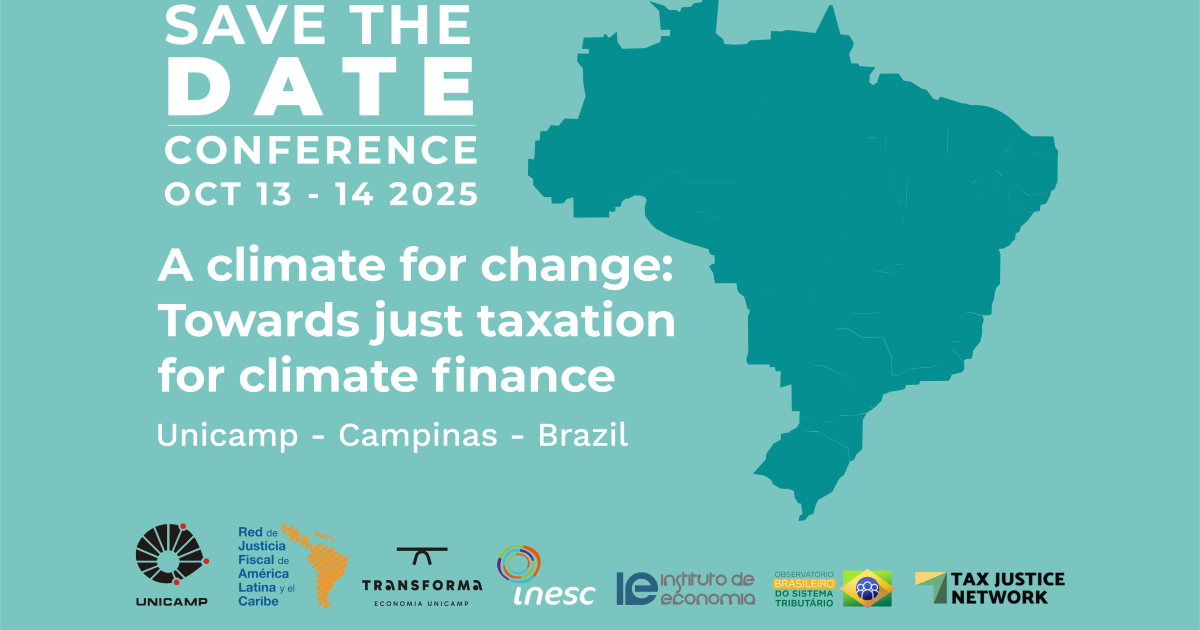Green Revenue: How Fair Taxes Could Save Our Planet

As global inequality widens and climate change intensifies, our governments are falling short in providing the critical resources needed to address these mounting challenges. This systemic failure is not just a matter of broken promises, but a fundamental threat that undermines the stability of our democracies, economies, and the very planet we inhabit.
The stark reality is that governments' inability to deliver on promised climate finance represents more than a simple breach of commitment. It strikes at the heart of global sovereignty, particularly impacting nations that have contributed least to the environmental crisis yet stand to suffer its most devastating consequences.
By neglecting their financial pledges, world leaders are not only betraying vulnerable communities but also eroding the trust and collaborative spirit essential for meaningful global action. The consequences of this inaction ripple far beyond diplomatic circles, directly threatening the economic security and environmental resilience of countries worldwide.
As we stand at this critical juncture, the need for transparent, accountable, and decisive leadership has never been more urgent. The path forward demands not just promises, but concrete, transformative actions that address the interconnected challenges of climate change, economic inequality, and global justice.
